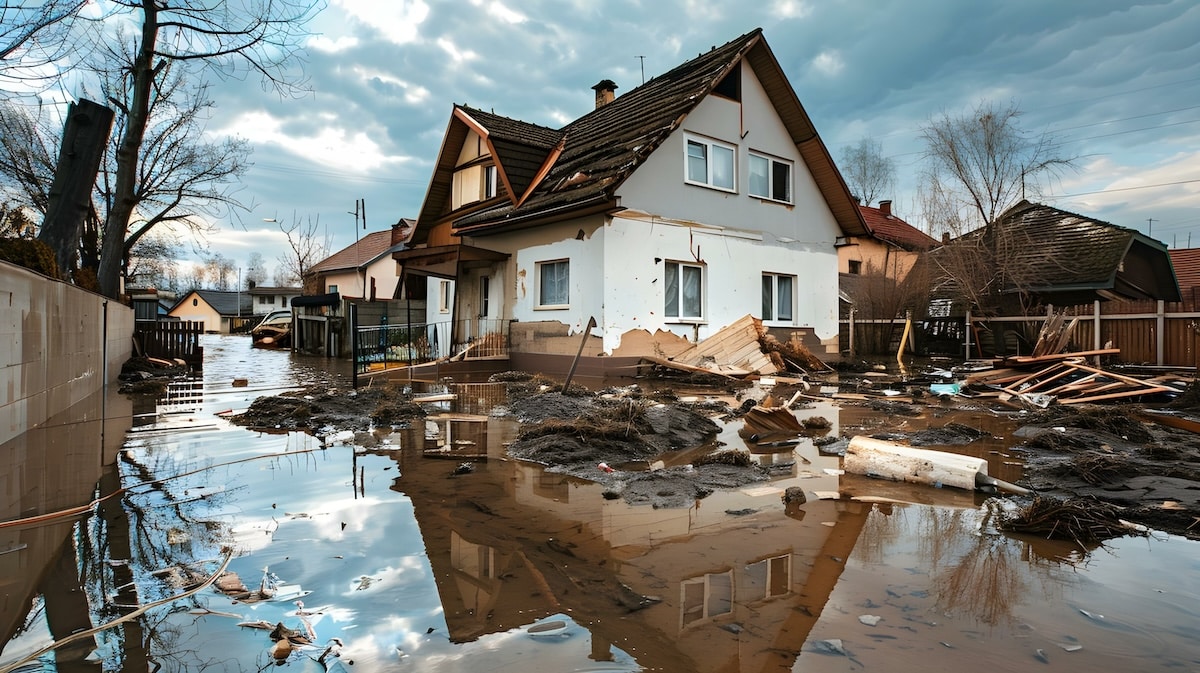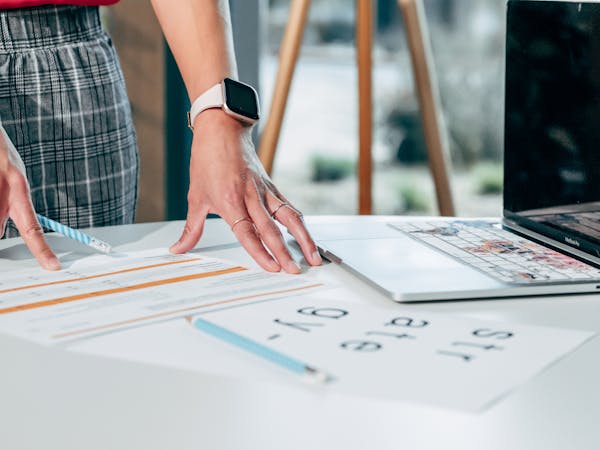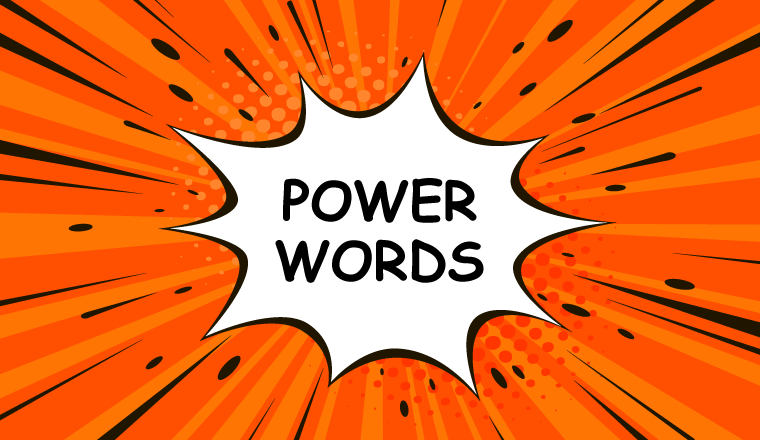[ad_1]
The University is promoting courses to “empower college students to just take up leadership positions in general public, personal and voluntary organisations, by acquiring chopping-edge competences in policy-creating, politics and governance.” Currently it can be viewed that ‘politics’ indicates a little something a little more than its day-to-day use indicates. But how can a subject matter that is so extensive, even be ‘taught’ in the traditional feeling at all?
First of all, politics is, as you say, a broad topic. It handles not just the political administration of the distinct place – or of the global political arena as a complete: since we are now dwelling in an interconnected ‘global village’ – but also all other facets of public policy, and general public existence.
In actuality, ‘politics’ and ‘policy’ mean far more or a lot less the identical thing. The Maltese language nails this better than English, mainly because – like Italian – it makes use of the very same word, ‘politika’, for both of those. In Maltese we say, ‘il-politika tal-edukazzjoni’ [education policy] or ‘tal-economija’, or ‘tas-sahha’ and so on. So it refers both to the ‘ideological’ standpoint, as very well as to the ‘policy’ standpoint.
Unfortunately, however, when people today imagine or speak about politics in a lot more daily terms… they are inclined to refer only to the ‘partisan’ sense. And this is anything we are on a mission to address. We want to democratize political science due to the fact politics is each a science, and an artwork.
The policy-producing factor, for occasion, is purely scientific. There is a methodology for how to detect a socio-economic problem then, how to formulate alternatives to tackle that challenge and then you need to have mechanisms to identify which solutions give the finest final results, and so on.
On prime of that you also want project management, to put into action the plan analysis tactics, to assess no matter whether it is truly functioning or not… but that is all component of the scientific methodology. There is also the ‘art’ aspect: which is made up of how to affect persons how to affect the countrywide agenda how to create a widespread vision, in a modern society that is starting to be far more and far more individualistic.
So in our office, there is a whole lot emphasis on the sociological fabric of the society we dwell in – not just in Malta, but globally – and we also glimpse at particular problems such as the political financial system the rule of law, and all the legislative aspects and also great governance, and moral leadership… since it is a lot more hazardous to have graduates who know the approaches, and the science driving the methods but then, do not have a moral compass to decipher proper from completely wrong. All those are the types who can use individuals strategies to their own gain, rather of for the typical great.
But that is what I intended by the dilemma. I can recognize how the purely scientific side of public coverage can be taught at University. Can you really train people to have a ‘moral compass’, however?
Indeed, certainly… by debating. It is significant wondering that is most missing here: our education procedure basically does not motivate us to debate sufficient, or to obstacle our personal precepts. Folks are not taught how to assume outside their own box.
For case in point: our have strategy is trans-disciplinary, so in our programs we offer you some models from the Edward Debono [Lateral Thinking] Institute. It’s all about putting you in the footwear of others.
So when giving my learners an assignment – for instance, to study a political biography – I will try to problem them: if they are from a Nationalist qualifications, I will question them to read through Lino Spiteri or Anton Buttigieg or Alfred Sant. If Labour: Ugo Mifsud Bonnici, or Guido de Marco’s ‘Politics of Persuasion’… and so numerous many others.
And it’s a marvellous experiment, I would say: because people today finish up acknowledging how a great deal they in fact have in typical. Unfortunately, nonetheless, there is a challenge these days. For the reason that these technological devices [indicating his laptop] that ended up supposedly developed to ‘open us up to the world’, seem to be acquiring the reverse impact. What we are observing is that they are ‘closing our students into a world of their own’.
For illustration, I was just lately in a course of about 50 pupils, and I showed them a slide of Emmanuel Macron. Out of 50 college students, only all around 5 understood who he was. So if the relaxation do not even recognise Macron’s confront: how can I introduce them to his politics?
That does seem stunning: but it could possibly explain to us much more about their lack of interest in current affairs, than about electronic technology itself…
Well… most people today get their news only from the headlines that they at times see on Fb or Twitter: and even then, typically without the need of clicking the backlink. To be good, even so: it is not ALL college students who do that, naturally….
And it is not JUST pupils, both. Aspect of the problem with social media – which I think about is especially suitable, to Maltese politics – is that your scope of vision is minimal to the matters you ‘like’, and for that reason want to see in any case. Are you suggesting that this may possibly be contributing to the disengagement we appear to be to be observing in politics today?
It looks to be section of it: in the feeling that it helps make it tougher, and not easier, to ‘think exterior the box’ or to ‘put by yourself in the footwear of others’.
But there is yet another difficulty. We are at a drawback, as a office, also because… we teach about general public existence. Essentially, general public coverage is about community everyday living. And there is a lack of trust in community everyday living, at the minute.
Ours is an individualistic culture a culture that is increasingly getting to be a lot more inward-hunting. We observed this especially throughout the election campaign. Sift via all the electoral promises, and it all about boils down to the same issue: ‘what’s in it for me?’
This is accurate not just of Malta, by the way. In simple fact, the Secretary-Typical of the United Nations, Guiterres, not long ago spoke about the ‘trust-deficit’ in politics. So there has obviously been a typical erosion of have confidence in in general public everyday living, across the board.
Would you say that the traditionally reduced turnout in this election – 85.5% – was, in by itself, a reflection of this ‘trust-deficit’? If so, what would you attribute this decline of rely on to most, in Malta’s precise context?
Permit me place it this way. If you add up all the people today who possibly did not vote, or did not decide on up their voting files, or who invalidated their vote… the range is quite superior, by area benchmarks. But it would have been a great deal better, if it wasn’t for the parties by themselves – specially the Labour Social gathering – which were ‘following up’, if not ‘pestering’, these non-voters.
I know of regular citizens who received a cellular phone-contact from the Primary Minister in particular person, at 7 in the evening, to urge them to vote. That was the extent of the drive the functions went into. And I even have my uncertainties about that ‘mistake’ the Electoral Fee built, when announcing the 2pm flip-out [as ‘40%’ instead of ‘45%’]…
Really do not get me incorrect, it’s just a speculation. Faults do, immediately after all, happen but let’s just say that it also served another goal. It was an alarm-bell, or a wake-up simply call, for the party’s equipment to get into gear, and get in touch with all all those who had not yet absent to the polls.
But there is an additional difficulty – aside from all those who refused to vote – which I think hasn’t been captured by the media so considerably. It is about the selection of candidates. In 2017, we had 210 candidates in complete. Very last Saturday, we only experienced 177: a reduce of all over 40 candidates, in 5 several years.
So although the Labour Social gathering has a large amount to celebrate, in this election… it also has a good deal of homework to do. What took place, for case in point, to the Lead programme: what was exclusively intended to bolster feminine participation in the political approach? The end result is not good at all.
It’s not just that the range of girls candidates who acquired elected to Parliament – by votes, as opposed to by the gender-equality system [which hasn’t happened yet] – was already a stage again, in itself but so was the variety of gals who chose to be candidates in the initial spot.
So yes, I consider that this does have to do with a basic erosion of believe in. There are a variety of structural variations that we have to have to make, to the political procedure in Malta.
Some of these troubles came out specifically in this election. ADPD has filed a Constitutional situation above the ‘unfairness’ of the consequence and we observed higher amounts than common of clientelism (or ‘power of incumbency’). On the basis of what this campaign, then: what would you say are the most pressing political issues to deal with proper now?
Let’s start out with types you just pointed out. There is a surely a lot that desires to be finished within our electoral method. But just before turning to the Solitary Transferable Vote by itself – which, for all its flaws, is also a extremely representational technique: it provides extra immediate management to voters, above who in fact signifies them – I feel we have to seem at the configuration of Malta these days. I imagine Malta need to be configured in different ways, myself.
With regard to election, it has normally been a system of ‘districts’. But the Maltese political platform has been redesigned 2 times, in recent decades: initial in the 1990s, via the setting up of local councils then in the 2000s, with the institution of the regional levels. So in get to tackle the clientelism concern, for occasion: I consider it would make extra feeling, to organise our voting constructions on a regional – as opposed to district – foundation.
Independently, the 5 regions are much greater than the 13 districts so it would be that significantly tougher for individual candidates to knock on each one door in his constituency or to know all their constituents by name. And it would also handle the challenge that a lesser get together like ADPD – which doubled its share of the vote, in this election – still finishes up not profitable a seat.
This is how the quota operates out in today’s district procedure on a significantly larger sized regional amount, however – and the framework is all presently there and by now operating – it may be a unique story. Unquestionably, I feel that would be a very good first step to acquire.
As for other issues that have occur out in this election: there ended up a large amount. But first of all – and we have been talking about this for a very long time now – the concern of because of diligence, at applicant acceptance stage.
I can’t realize, for instance, how Rosianne Cutajar was permitted to be a prospect for the Labour Social gathering again. Thank God, the citizens manufactured its conclusion, and did not pick her even nevertheless she could still conclusion up retaining her seat in any case, through the gender quotas system.
But it shouldn’t have to come to that. There must be a correct thanks diligence process in position and if it is to be substantial, there ought to be at least a person independent auditor, from exterior the get together technique, to vet candidates.
But this gets difficult, for the cause I by now discussed. If the quantity of candidates is also lowering, each and every year… it will become a situation of ‘beggars cannot be choosers, in the end.
Once more, on the other hand, it boils down to the lack of rely on. That, ultimately, is what our section is anxious with: for the reason that the 1st phase to fix Malta’s political predicament, has to be to check out and restore the loss of have confidence in.
How can that be performed in follow, however? And in particular, by way of instruction?
That delivers us back to the other indicating of ‘politika’: community policy, and – specially – community administration.
Now: when we converse about ‘public administration’, we are chatting about multi-amount governance. Some of our graduates, for instance, are government secretaries of local councils… and an ‘executive secretary’ is like a CEO: accountable for administration, and also finance.
We also have graduates who work at the national degree of public administration, way too. That includes the Director-Standard of Customs the Law enforcement Commissioner – who did a Masters in Public Plan with us – and lots of many others who are either directors in the public company, or increasing up as a result of the ranks from decrease to middle-administration and also, a number who work with European institutions.
For the reason that ‘multi-level governance’ means starting off from area councils and likely all the way up to supra-national institutions, this kind of as the Setting up and Priorities Co-ordination Division [which administers European funding to Malta]. Lots of of PPPCD staff have acquired levels in Public Administration in this article as have various of the specialized attaches at Dar Malta, among the others.
I’m mentioning all this, to give an concept of just how wide the attain of politics actually is: it is not just a situation of repairing personal problems with the system… but each office or sector have to also understand to organise its individual constructions much better. The benchmarks of professionalism, at all these amounts, can be raised as a result of an injection of management or by way of the acquisition of competencies.
A single other issue we want to do, is introduce ‘Politics and Governance’ at Sixth-Sort level: initially of all, to democratise political science next, as an financial commitment in our citizenship, fairly than in our academia.
Ultimately, we want to produce men and women who are aware that they are citizens and that, as citizens, you have each legal rights, as well as obligations toward the nation condition you are aspect of.
To get there, having said that, we want to do the job on bettering our debating capabilities, and our significant wondering. Because like you explained before, you can understand how the scientific things of coverage-creating can be taught due to the fact there’s a strategy.
But politics is all about debating it is all about contemplating, and producing sense of the chaos of the entire world about us and we have to commence teaching these techniques, as well.
[ad_2]
Supply hyperlink








